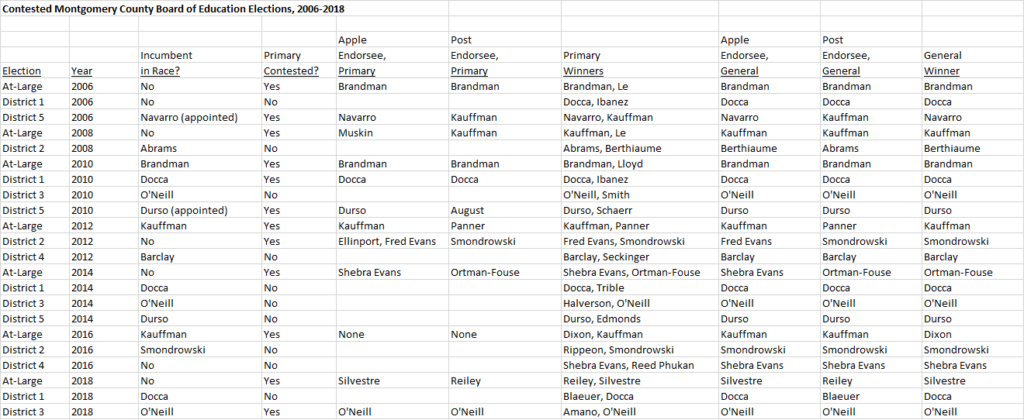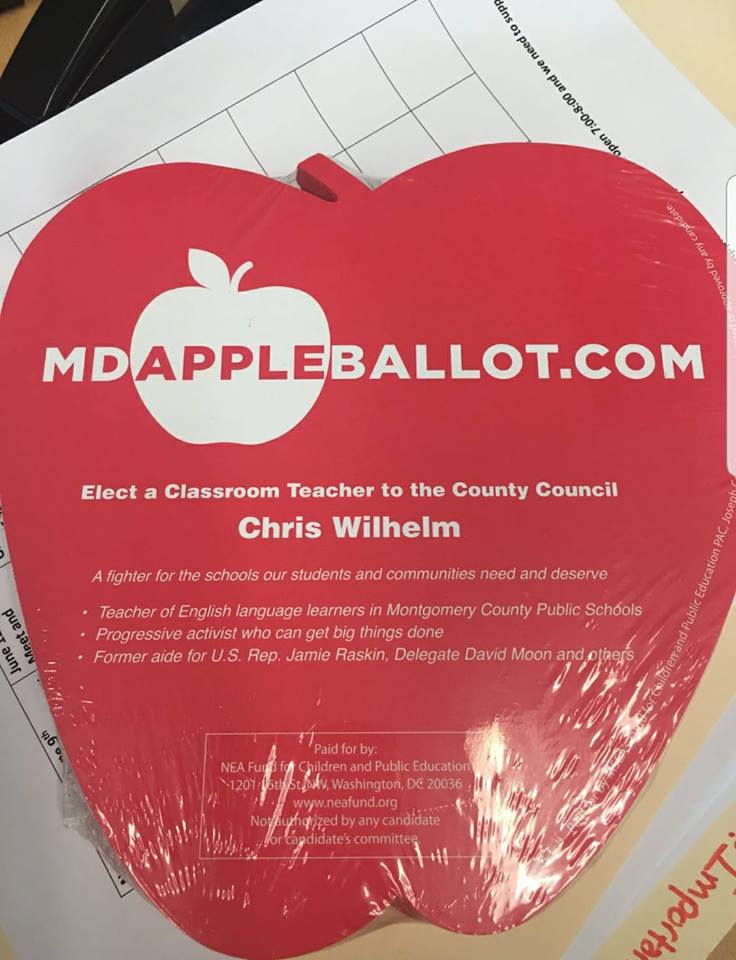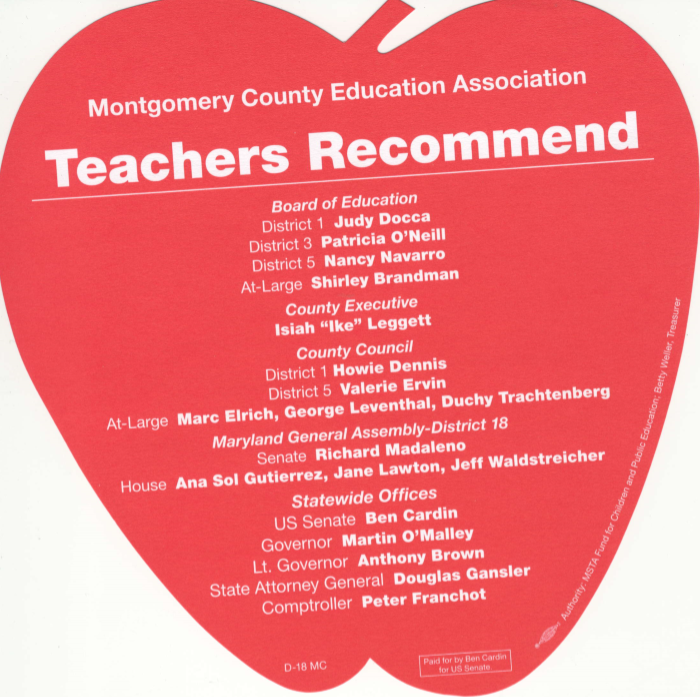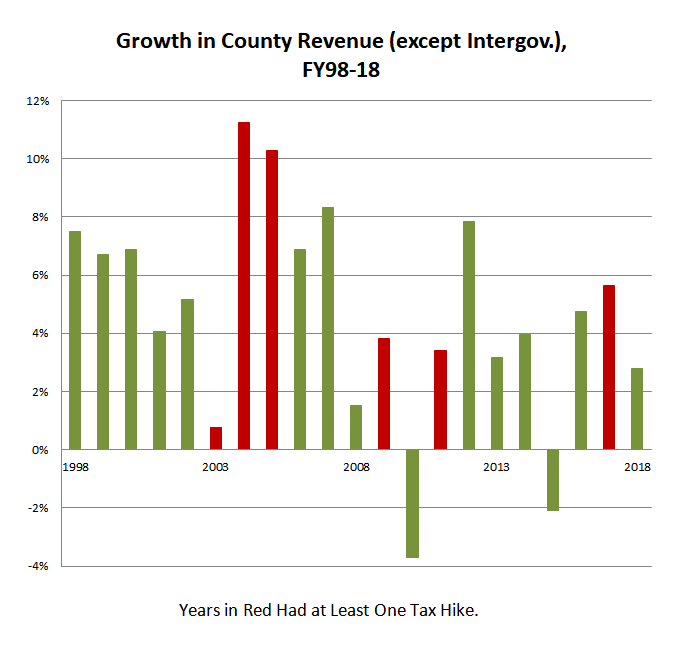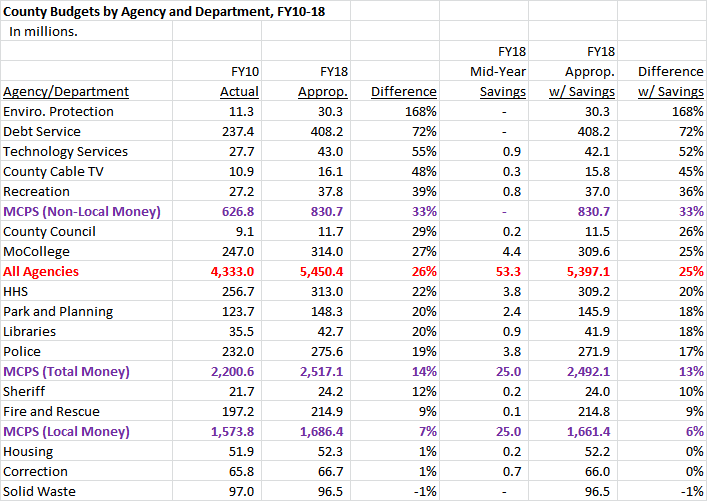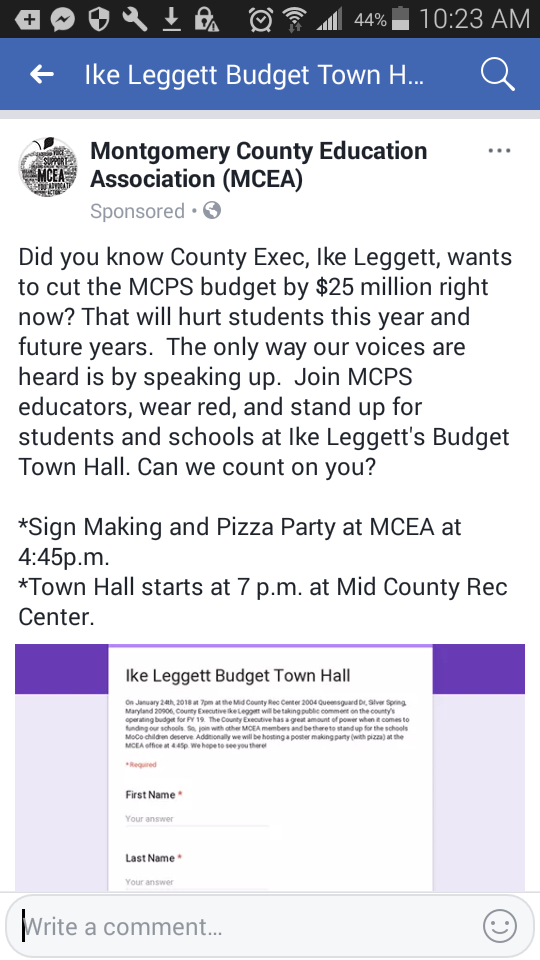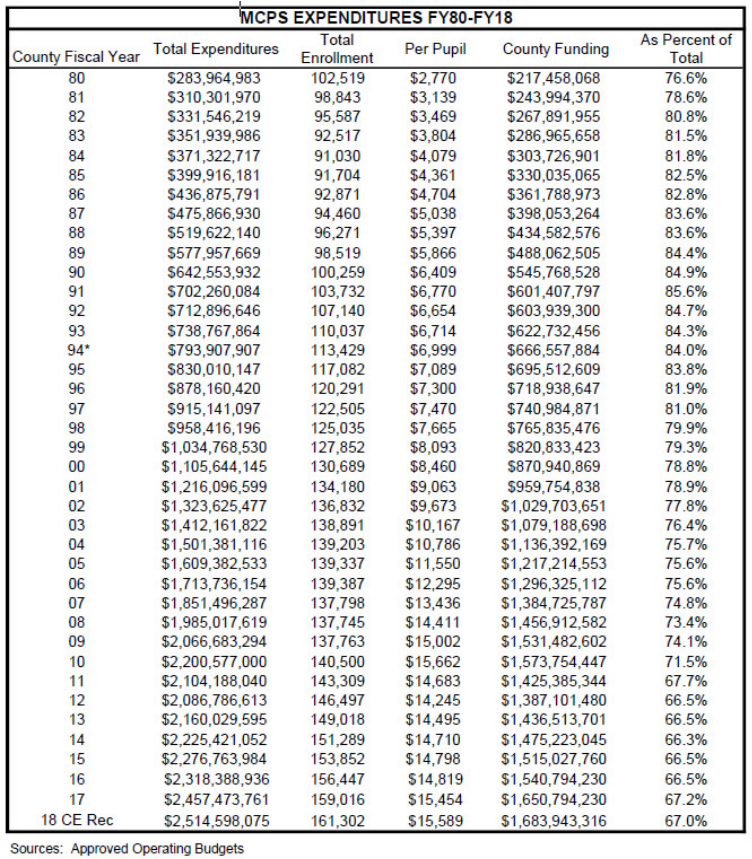By Adam Pagnucco.
In addition to being one of MoCo’s nastiest races of all time, this year’s school board election is arguably the strangest ever. Consider a list of typical election activities that are hampered or altogether prohibited by the COVID-19 lockdown.
Door knocking – Fuhgeddaboutit.
In-person campaign coffees and fundraisers – Fuhgeddaboutit.
Lit handouts at Metro stations – Fuhgeddaboutit.
Lit drops – It’s not clear if this counts as essential travel. It’s also not clear if this will creep out voters.
Campaign forums – They are not possible to do in person. There are opportunities to do these online but there will be far fewer of them than in a regular cycle.
Poll coverage – Fuhgeddaboutit!!
So what’s left? No candidate currently has the money to do serious mail. Blast emails are possible, but if anyone has an email list, I’m not on it. (For the record, I have been added to TONS of political email lists!) Signs have been distributed along with the usual instances of illegal placement. Bethesda Beat is covered with school board ads. (Steve Hull wins every election!) Social media ads are cost effective and several candidates have used them, but they can’t replace all of the other campaign tools that have been knocked out by the virus. Then there is the word of mouth being circulated by supporters of one candidate or another, but to see it, you have to be connected to the partisans. The HUGE majority of voters are not in these bubbles.
Let’s remember that this is a presidential primary and all county voters with all party affiliations can vote. In the 2016 primary, 183,479 people voted in MoCo’s at-large school board race. That far exceeds the number who vote in mid-term Democratic primaries for governor, county executive and county council at-large, races which have much more financing than school board contests. The two candidates who emerged from the 2016 primary had more than 50,000 votes each. This year’s winning number could be higher if the all-mail election encourages higher turnout as it did in Rockville and also because of national factors.
Given all of these limitations, you would have to be crazy to be a campaign manager in this race!
That said, there are certain factors that could make a difference.
The Apple Ballot
The Montgomery County Education Association (MCEA) has an excellent record of getting its endorsed school board candidates through primaries. MCEA’s choice this year is Universities at Shady Grove professor Sunil Dasgupta, who proudly puts the Apple Ballot front and center on his website. Historically, the union’s most effective tactic has been distribution of Apple Ballots at voting precincts, but that is now impossible due to COVID-19 restrictions and the state’s transition to a mostly mail election. The teachers can still use social media and they have sent at least one mailer promoting their candidate. One note of caution comes from February 2008, when an ice storm shut down MCEA’s poll coverage, resulting in a rare defeat for its candidate in a primary.
The Washington Post
Along with the Apple Ballot, the Post’s endorsement is one of the top two in school board races and has a great record of helping candidates win. At first it seemed the Post was going to sit out the primary (as it has done before), but over the weekend, the newspaper endorsed former PTA president Lynne Harris. This is a huge problem for anti-boundary analysis leader Stephen Austin, who now faces one candidate with the Apple, another one with the Post and a primary from which only two candidates will emerge. One question: with Harris’s lack of funding and the Post endorsement coming so late, will she have the time and bandwidth to capitalize on it?
Stephen Austin’s Facebook Group
Say what you will about Austin and his group, but his page is larger than any other MCPS-related site that could play a part in this election. Consider these Facebook page statistics at this writing.
Montgomery County MD Neighbors for Local Schools (Austin’s group): 8,033 members
Montgomery County Education Association: 4,006 followers
Montgomery County Council of PTAs: 1,573 followers
SEIU Local 500 (an endorser of Dasgupta): 1,154 followers
One Montgomery (favors school equity, opposes Austin): 846 followers
Sunil Dasgupta’s campaign page: 595 followers
Stephen Austin’s campaign group: 358 members
Lynne Harris’s campaign page: 275 followers
Jay Guan’s campaign page: 185 followers
None of the candidates’ pages are large enough to have any organic effect on the election though they can be used for ads. But through his “neighbors for local schools” page, Austin can reach out to roughly 8,000 people, an advantage that no other candidate has. In an election with no poll coverage by the Apple Ballot, no ground-level campaigning and no serious money for any candidate, how big of an advantage is this?
One Montgomery’s Attack Piece
The brutal One Montgomery attack piece in Maryland Matters linking Austin to Trump supporters and anti-LGBTQ activists has gotten a lot of attention on his critics’ pages. But has it really penetrated beyond the progressive circles that were unlikely to vote for Austin anyway? For this piece to be truly effective, someone has to place a four- or five-digit social media ad buy to push it out to the general public. Otherwise it will be just one more thing to argue about for the relative handful of folks inside the bubble.
The Alphabet
Don’t laugh, but in down-ballot, under-the-radar races, being near or at the top of the ballot can get a candidate a few extra points. Research of varying quality has found this to be the case in Danish local and regional elections, Vancouver local elections, California state elections, California city council and school board elections, Ohio county elections and British local council elections. Austin will be listed second on the ballot. Will that matter?
However these factors mix, there are two likely scenarios. If Dasgupta and Harris emerge from the primary, this will turn into a traditional Apple vs Post race. But if Austin breaks through to claim one of the primary spots, this will be more insider vs outsider with school boundaries front and center. Jay Guan, the fundraising leader who has mailed a postcard, may also have a chance.
There is more to an election than tactics; there is also policy at stake. Part Three will conclude with a few issues that have been overshadowed by the boundary analysis war but nevertheless warrant attention from the candidates.


